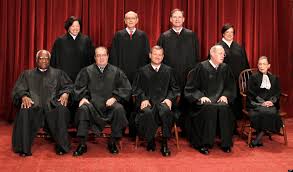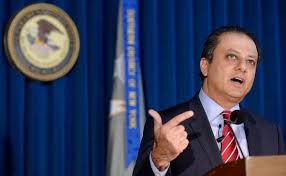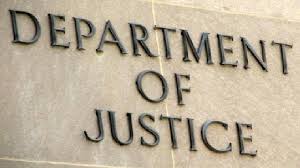Supreme Court Called Upon to Review the Newman Case and Address Insider Trading Liability
 The Supreme Court is very likely to enter into the fray over the Second Circuit’s controversial Newman decision concerning insider-trading liability. The government has filed a petition for certiorari, and the stakes are high.
The Supreme Court is very likely to enter into the fray over the Second Circuit’s controversial Newman decision concerning insider-trading liability. The government has filed a petition for certiorari, and the stakes are high.
Insider trading liability for unauthorized disclosures to tip recipients (‘tipees”) flows from the common sense notion that an insider cannot engage, directly or indirectly, in insider trading by personally benefitting from disclosures to relatives and friends.
What appears to be a very narrow issue is actually one with real significance. The Newman Court redefined what constitutes a personal benefit sufficient to sustain an insider trading conviction. DOJ does not contest the requirement that the government prove that a tippee of insider information knows of an insider’s receipt of a personal benefit.
The Newman Court, contrary to the Supreme Court’s decision in Dirks v. SEC, required “proof of a meaningfully close personal relationship that generates an exchange that is objective, consequential, and represents at least a potential gain of a pecuniary or similarly valuable nature.”
Relying on Dirks, the government contends that a personal benefit to be proven when a corporate insider makes a “gift” to a trading relative or friend can be established in two different ways.
First, there may be a relationship between the insider and the recipient that suggests a quid pro quo in which the insider intends to benefit the recipient in the hopes for some personal return (e.g. business favors) from the recipient.
Second, an insider can make a gift of confidential information to a trading relative or friend as the tip and trade resemble trading by the insider himself followed by a gift of the profits to the relative or friend.
In the Newman case, the insider trading involved disclosure of detailed financial performance information relating to Dell and NVIDIA. The government’s case against each defendant was fairly strong and except for the Second Circuit’s new interpretation of the “personal” benefit standard would have easily been upheld on appeal.
The government’s petition also cites the conflict among the circuits as the Ninth Circuit specifically rejected the Newman Court’s decision, and the Seventh Circuit adhered to the Dirks standard in applying the personal benefits test.
The Second Circuit’s Newman decision is out of bounds. It is surprising that the petition for rehearing was rejected by the full Second Circuit. However, that may be explained by internal politics and unwillingness to offend fellow judges.
 The Supreme Court will now enter the fray and will likely reverse the Second Circuit’s misguided decision. Ironically, the Second Circuit has a very positive record of being upheld by the Supreme Court, in stark contrast to the Ninth Circuit that is by far the most reversed circuit by the Supreme Court.
The Supreme Court will now enter the fray and will likely reverse the Second Circuit’s misguided decision. Ironically, the Second Circuit has a very positive record of being upheld by the Supreme Court, in stark contrast to the Ninth Circuit that is by far the most reversed circuit by the Supreme Court.
The US Attorney for the Southern District of New York, Preet Bharara, has staked his reputation on his insider trading enforcement program. His record has been remarkable. The Supreme Court’s decision will be another feather in his cap.
The Second’s Circuit’s legislative attempt to modify the securities laws is irresponsible and undermines key purposes of the securities laws. The Second Circuit’s Newman decision will soon be a historical blip in the securities law arena.















Isn’t Congress exempt from insider trading, which allows them to make millions?
Thank you.
[email protected]